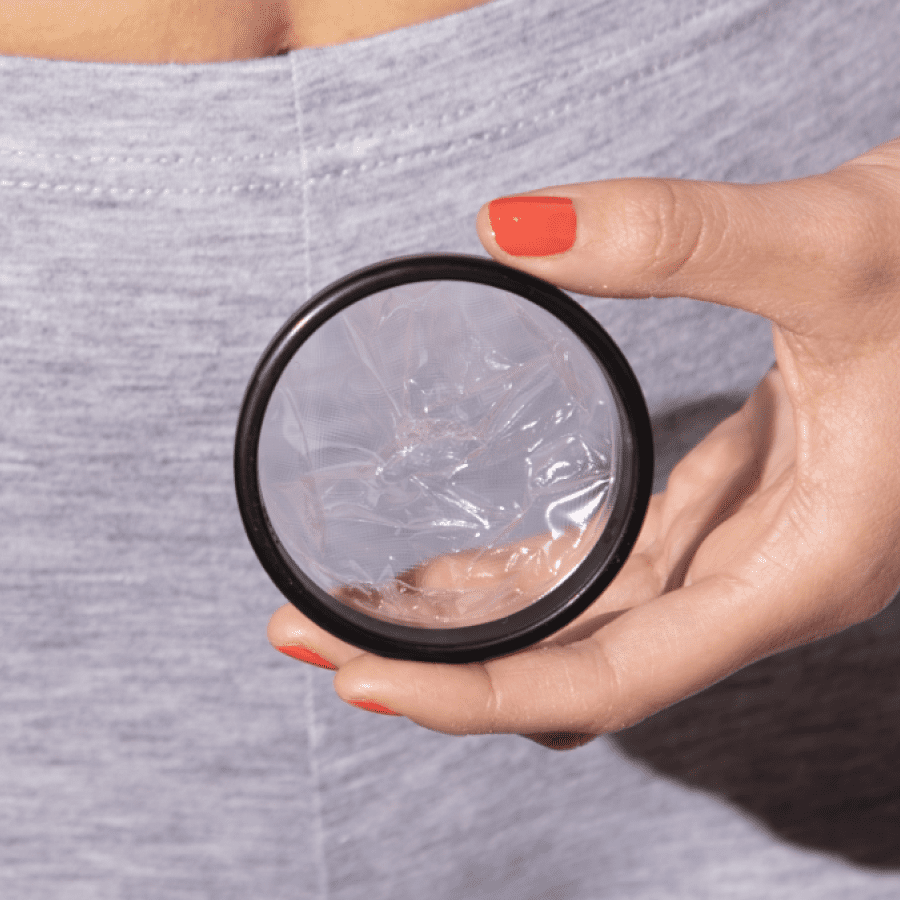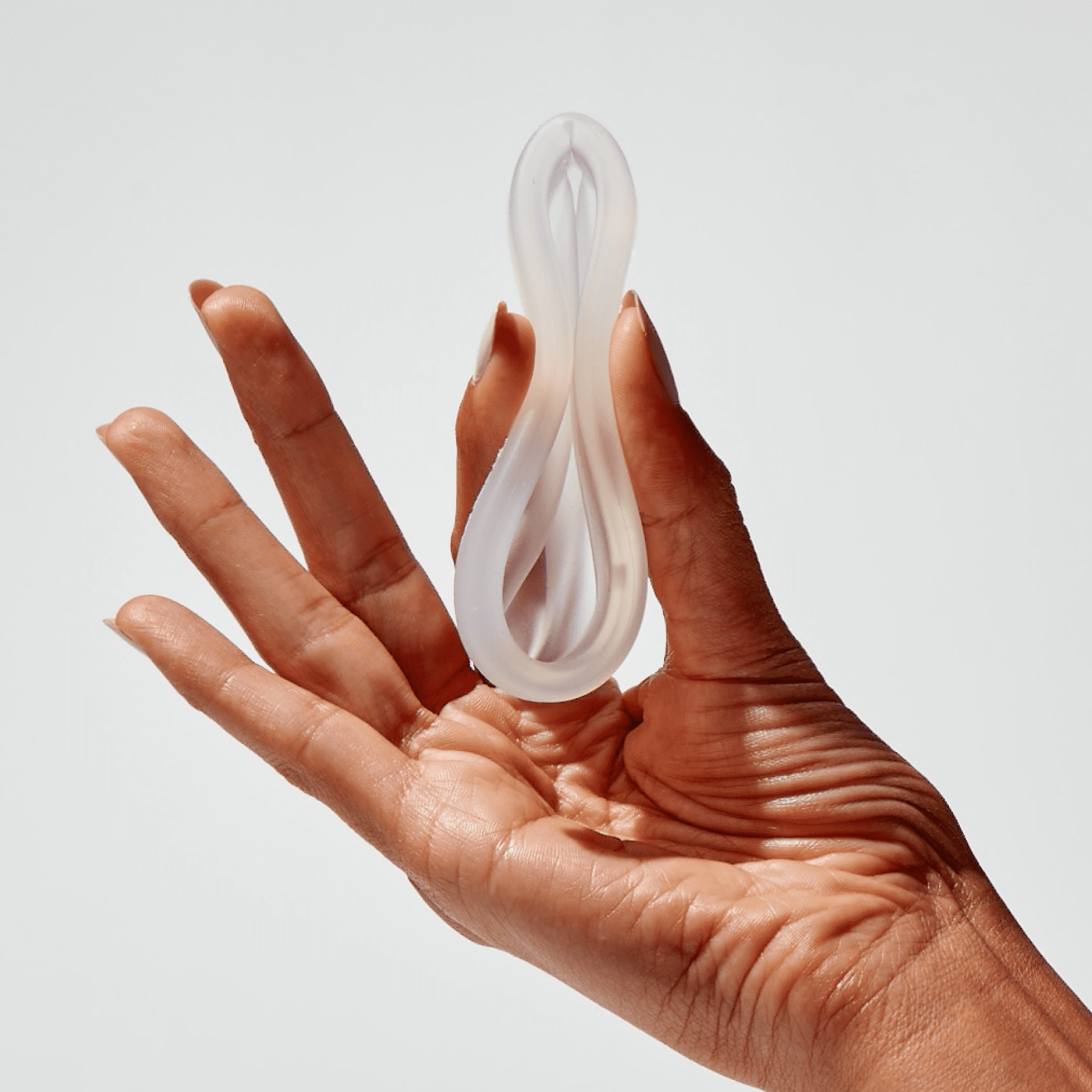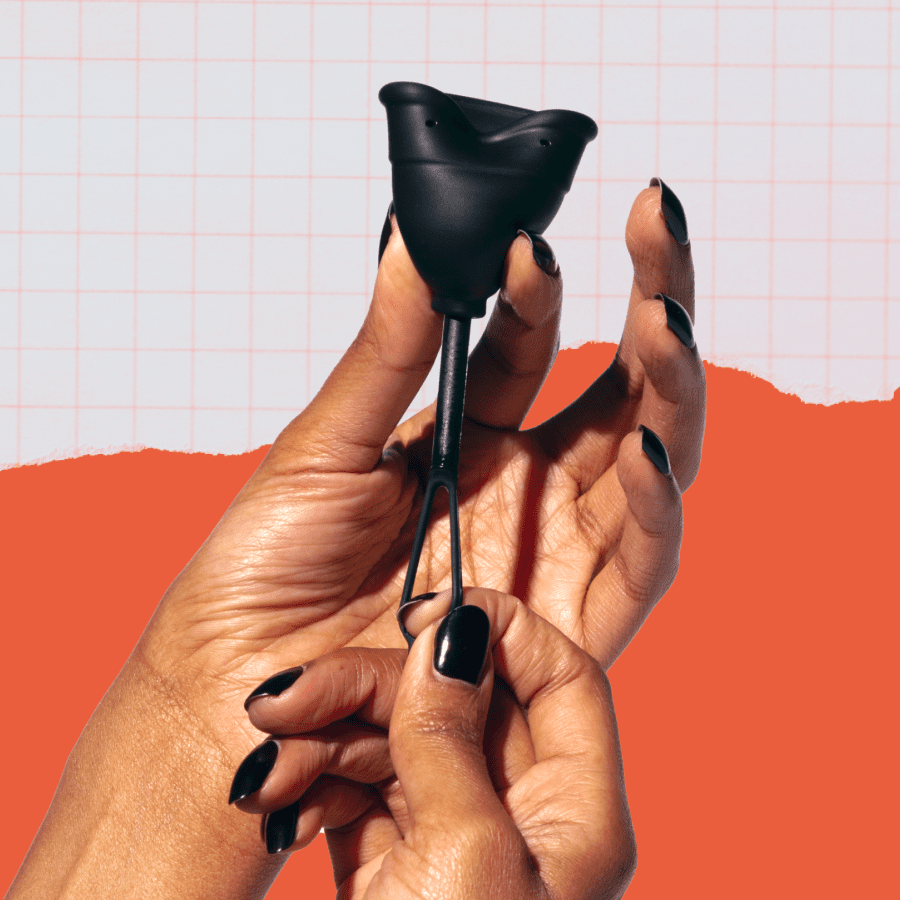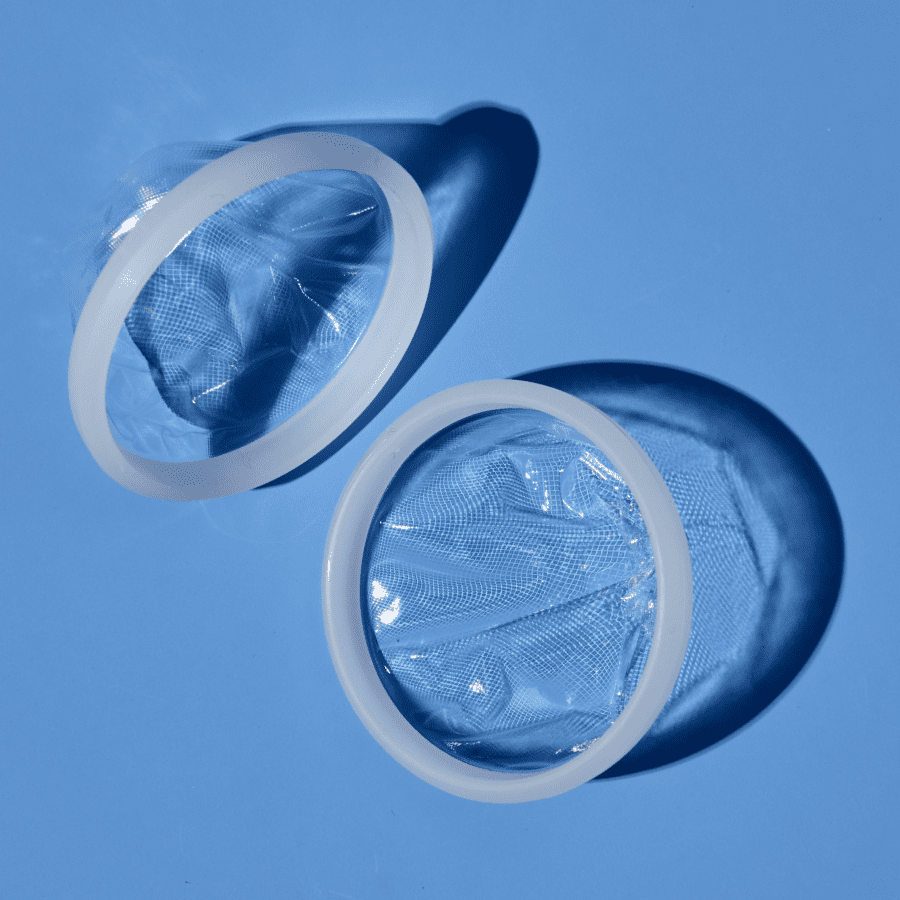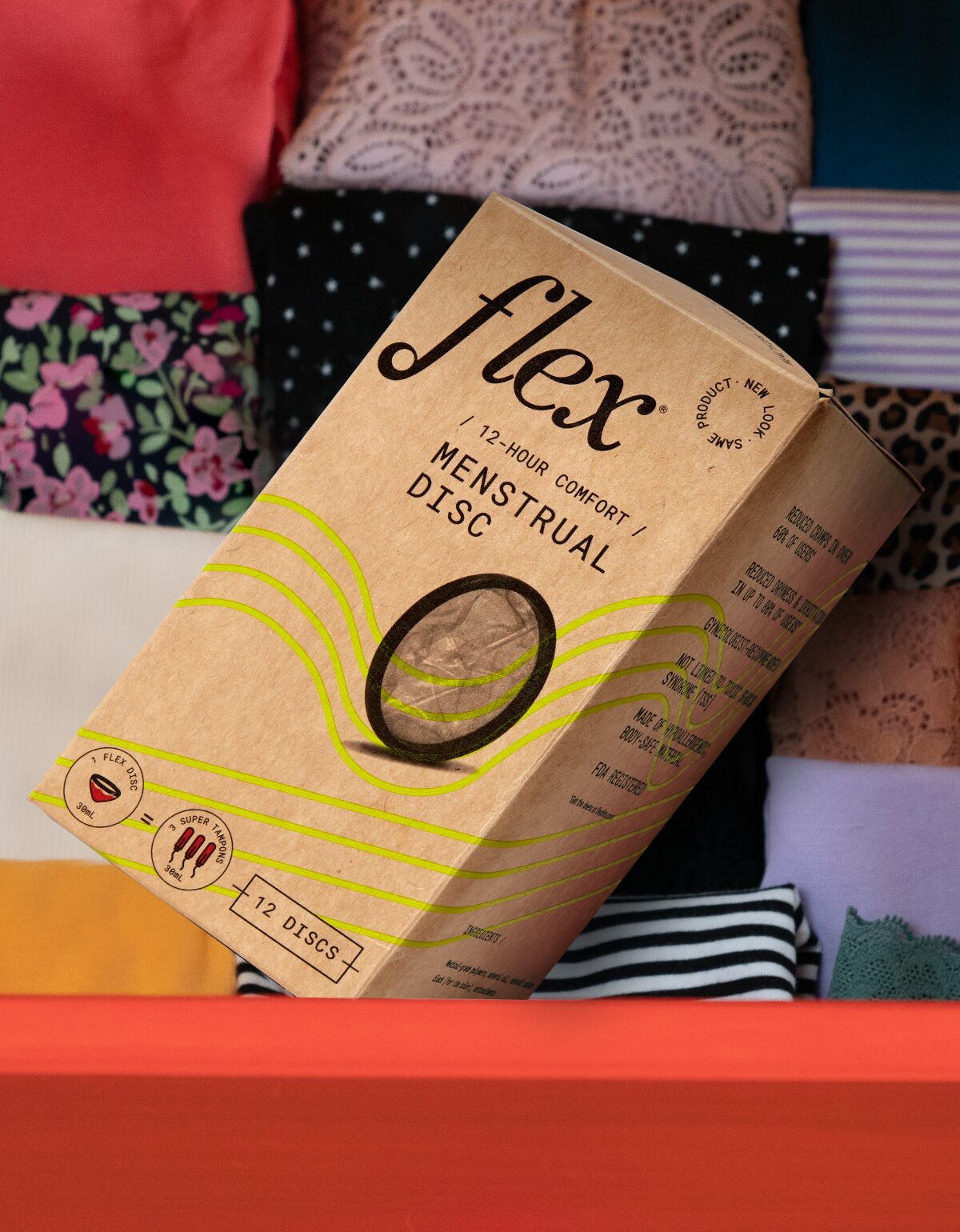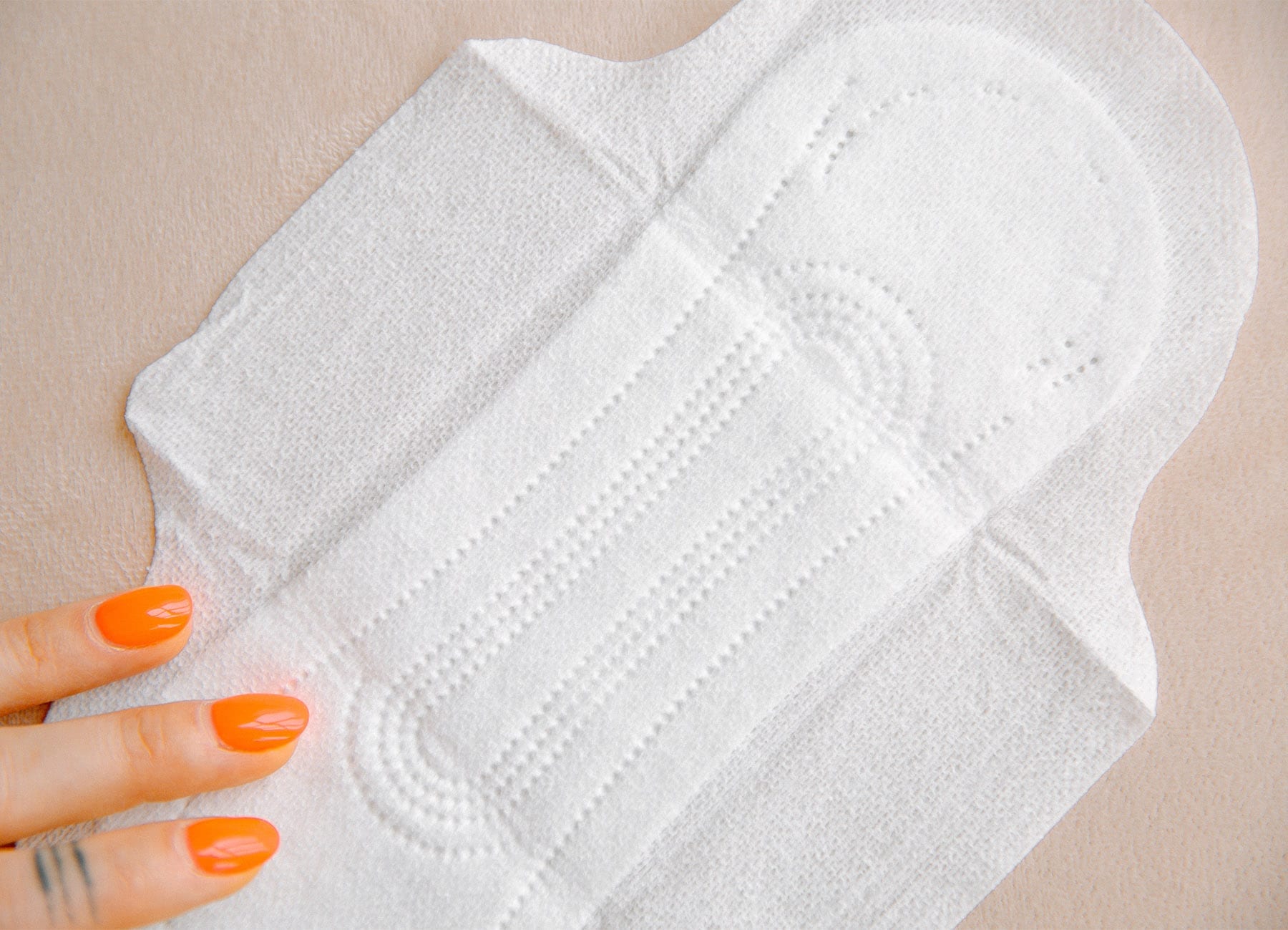The what and why of period leakage
Period leakage got you down? You are not alone. In fact, there are two types of bleeders:
- Those who have had a leakage incident
- Those who will have a leakage incident
Frankly, we consider it a rite of passage. If you haven’t endured the hazing that is menstrual leakage, let us kindly break it down for you.
That sudden gush of blood during your period and then the trickle down your pant leg, ruining your clothes with a noticeable period stain. The drawing of unwanted attention to your vagina, the feeling that everyone is staring at you, and no exit strategy. It doesn’t take much to turn a small leak into what feels like a full-blown crisis or a Mount Vesuvian event.
Whether leaks happen in public or private, they are NEVER convenient.
The three P’s of period leaking
Period leakage is the accidental bleeding that happens when your panties, products, and planning don’t sync up. It’s the embarrassing result of failed menstrual products.
We hear it all the time “why does my period leaks to the back?” Or perhaps, sideways. Sometimes, the position of your pad is crooked or your tampon is leaking because it’s the wrong absorbency level. Sometimes the size or length is insufficient because you chose the winged overnight maxi pads and the right answer for that particular panty and product combination called for extra-long wingless.
In any of these scenarios, leaks are an unwanted surprise. Ask anyone with a heavy blood flow about the odyssey they face during the high tide of their mensesAnother term for menstrual flow (commonly known as your period)., and leakage is probably near the top of the list. Even with most leak proof tampons, it can happen.

What causes a heavy menstrual flow?
Heavy menstrual bleeding, sometimes referred to as menorrhagia, happens most frequently in teenagers and perimenopausal women. During these life stages, estrogen levels run high while progesterone levels run low.
No one knows what makes some flows heavier than others (unless it has to do with an underlying health condition such as polycystic ovary syndrome, uterine fibroids, or a hormone imbalance). And sometimes leaking has nothing to do with the strength of menstrual flow.
Some of the most common culprits of menstrual blood leaking include:
- Sleeping position
- Tampon malfunction
- An incorrectly inserted menstrual cup or disc
- An already full pad
- A sanitary pad that wiggles loose or relocates
- Wearing pad ill-prepared for your strength of flow and daily life activities
- A sneeze…it happens, we’ve all felt it.
When it comes to leakage, you are not alone!
Every menstruator has at least one embarrassing story about the time their period leaked. If it was a public leak, the story is probably even more memorable than a typical period leak in the middle of the night while sleeping.
Google “periods” and you will immediately find a long list of embarrassed women mortified on their first day at a new job, or shamed when standing up from the table at an important date. Oh that… That’s just…my menstruation.
How have these brave women endured the embarrassing aftermath of leaks?
Some have taken to carrying oversized tote bags during menstruation. Tote bags serve the dual function. They can transport endless period products, wet wipes, and spare clothes and also create a barrier of protection from the overly-critical eye.
Some women have stopped wearing white pants.
Some have had no choice other than to stretch t-shirts over stained pants.
Some have sought out toilet paper for rescue, using it to stuff, dab, or blot away the blood and/or clot torrential vaginal bleeding.
If you were to ask what every woman’s waking thought is during her menstrual period, it probably is, Am I leaking?
Warning, period leakage may cause anxiety, humiliation, shame, self-doubt, low self-esteem and, yes, menstrual leaks actually stop time.
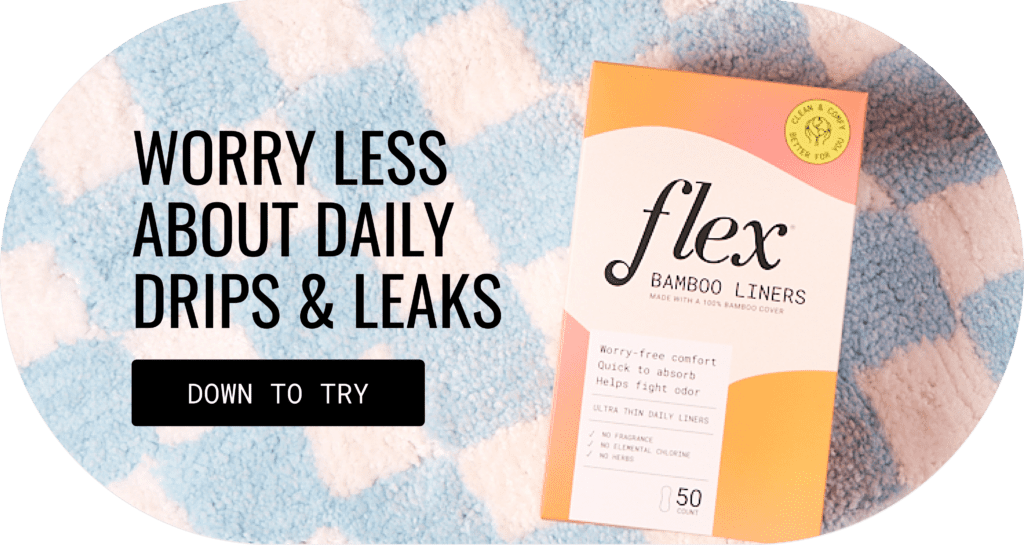
Period leaks happen…and they’re pricey
Period leaks cost money, and when they happen, you say “goodbye” to your saucy lingerie, your 800-thread count Egyptian certified organic cotton bed sheets, and your favorite skirt. If you’re frugal, you have a drawer full of period undies – cotton casualties from menstrual pads gone awry.
Sometimes, chlorine bleach gets the blood stains out. Sometimes it doesn’t work. In desperation, you google “how to get period blood out of clothes” and you are confronted with a myriad of options. Some of these stain-removal hacks involve lemon juice, baking soda with a little cold water, and even hydrogen peroxide to remove period stains that have dried.
That said, here are a few tips on how to get period blood out of sheets or any clothing item:
Common household items can come in handy. Try a little dab of white vinegar to the stain area. Stain removers can also be a great solution. The sooner you can tackle the stain, the more likely you are able to resuscitate the accused item.
Skip the hot water (even warm water can set the stain) and wash any stained pants in cold water. Don’t transfer to the dryer until the stain has fully lifted.
You should already be skipping the washing machine and washing your underpants by hand and letting them air-dry… since none of us actually do this, stained underwear is the right catalyst to start caring for your lingerie. If the stain still won’t lift, seize this as an opportunity to start a drawer of the aforementioned “period panties.”
How to prevent period leaks
Your leak prevention strategies may feel a bit like waging a war on menstruation or gravity. This is particularly true for women who have heavy menstrual bleeding. But here are a few tips and ideas to consider to avoid menstrual leaks:
Hormonal birth control:
Birth control pills have been proven to slow bleeding and make lighter periods. By improving your periods regularity, hormonal birth control can help you predict when you will bleed next. For some, the hormonal IUD or pill will even stop menstruation entirely. However, do your research before you talk to your healthcare provider or OB-GYN and make sure you’re well-informed about potential side effects.
Try period tracking:
The good news is there’s an app for everything these days. Unfortunately, there is no app to erase the embarrassed feeling that follows menstrual leakage – so try a period tracker app to plan ahead.
Menstrual cycle trackers can help measure regularity. They can also help with determining when to expect your next heavy flow day. Get in the habit of doubling up on period protection. Try wearing a menstrual disc and a pair of period underwear for extra protection when things are predicted to get especially bloody.

Wear period underwear:
We’re not talking about the stained pairs you stashed away in that extra drawer (although those are still great for when you’re spotting). We’re talking about specially-designed, absorbent, peace-of-mind-inducing period underwear that functions like a hybrid granny panty-meets-maxi pad. For some folks, they’re great as backup sanitary protection for heavy menstrual flow – but they can also be your one and only if you’re on a mid-to-lighter day.
Switch up your sleeping position:
Sleep is prime time for pad sabotage. Sometimes, adjusting how you sleep on your period can help with, well, gravity—and make you less likely to leak. If you’re wondering how to sleep on your period to prevent night leaks, then this one is for you: If you are a side sleeper, try rolling over onto your back or even sleeping on your stomach.
Try a different period product:
If you find yourself constantly bleeding through tampons — even the super plus absorbency ones — consider switching your menstrual products. Menstrual cups and discs are less likely to leak and because they can be safely worn inside your body for up to 12 hours at a time—they have a way higher capacity than your average pad or tampon.
Wondering how not to leak on a heavy period? Check this out: Both Flex Disc™ and Size 02 Flex Cup™ hold the same amount of blood as three – yes, three – super-absorbency tampons, that’s a lot. And as long as you’ve got your insertion and positioning tactic down, leaks are pretty rare.
BTW, if you’re wondering how much blood can mensrual products hold: a super-absorbency tampon holds about 12 milliliters of menstrual blood. A regular tampon typically holds around 5 milliliters. Another reference point: A fully soaked overnight pad holds anywhere from 10 to 15 milliliters of fluid.
Compare that to Flex Disc, which holds 30 milliliters. Flex Cup Size 01 holds 22 milliliters. And Flex Cup Size 02 holds 30 milliliters.
What are some effective tips for managing period leaks discreetly in public?
To manage menstrual leaks discreetly in public, consider wearing dark-colored clothing, using period-proof underwear or pads, carrying a small pouch with extra supplies, and practicing good hygiene. Quick bathroom checks can also help prevent leaks from becoming noticeable.
Period leaks: Key takeaways
So, maybe you have a contingency plan. Maybe you brought vaginal wipes and an extra pair of panties with you to work or class. But, other than that, there really isn’t a perfect solution for period leakage because tampons and pads are made for zero gravity (or for people who aren’t planning to get up and move).
If you’ve changed up your menstrual product and switched to a menstrual cup or disc, we applaud you. Hopefully, you’re well on your way to a worry- and hassle-free period. If for some reason, you’re still experiencing leaking with either of those products, it’s a good idea to double-check your insertion technique.
With cup leaks, it’s usually because the cup isn’t the right size for your body or hasn’t fully opened up after insertion (so there’s no seal). With disc leaks, it’s usually because the disc isn’t positioned far enough down and back, or isn’t properly tucked into place behind the pubic bone.
For troubleshooting, check out the following guides:
This article is informational only and is not offered as medical advice, nor does it substitute for a consultation with your physician. If you have any gynecological/medical concerns or conditions, please consult your physician.
© 2025 The Flex Company. All Rights Reserved.

